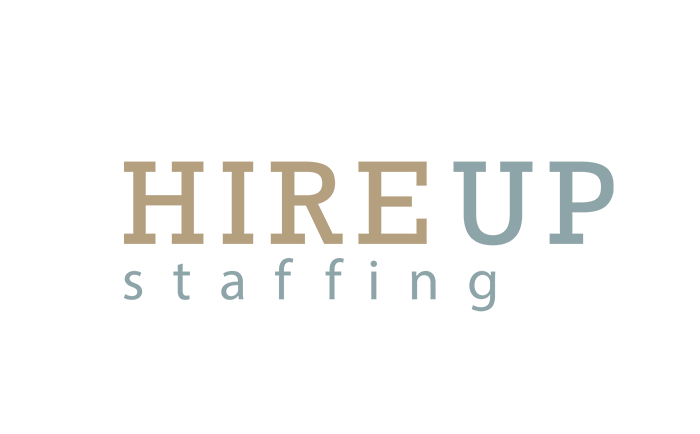
Meetings are one of the most effective ways to share and exchange information in the work place, allowing employees and executives to plan, collaborate, and make important decisions, as well as to get feedback for improvement.
However, meetings these days have a bad reputation, with many people complaining that meetings are longer and more frequent but the results all go downhill. Why is this? Why is it that something with the intent of adding productivity would actually take people away from their work rather than adding value to it?
The key is to have productive meetings: regular, planned, well-facilitated, and evaluated.
Meet Regularly
Bring people together even for a short period of time on a regular basis. As little as 15 minutes can get people talking and solving problems together. If it is challenging to schedule regular meetings that occur face to face, do not forget that the use of technology also counts – video conferencing, conference calls, online document sharing, webinars, and the like, are all different kinds of meetings that allow interaction especially for those who have flexible work locations and schedules.
There are also regular staff meetings, which is the kind that will remind employees of whatever issues, deadlines, and good news and opportunities happening in the company. It also allows the different layers of an organization (contractors, interns, employees and managers) to align organizational goals and priorities.
Plan Meetings
Effective meetings have a purpose, and they start and end on time. Before you invite people for a meeting, ask yourself the following questions:
- Is this meeting necessary?
- What is the purpose – decisions, ideas, connection, updates, some combination of the aforementioned?
- Who needs to be there?
- If a certain someone cannot make it, do you still proceed?
- Do we have the space and materials needed?
- Is the timing right? (Consider everyone’s various schedules.)
Facilitate and Do It Well
There are 5 major elements you should consider when facilitating meetings:
- Opening – Review the agenda and clarify roles before everything else
- Establishing ground rules – Let everyone know how will you work together
- Time management – keep track of time to ensure all agenda items are covered and tasks are
- Evaluation of the meeting – get feedback to improve meeting process
- Closing –clarify and review actions and commitment of employees
Evaluating Meetings
Getting feedback is crucial yet often overlooked. It’s a really quick step in getting input and improving meetings each week or whenever your meetings reoccur.
Do a short 5-10 minute check, asking what worked and what could be done a bit differently next time. Make sure that it’s an evaluation, and not time spent on debating what people have said throughout the past hour. Allow people to be heard and feel heard, as you improve the process and get rid of frustration when the next meetings occur.



